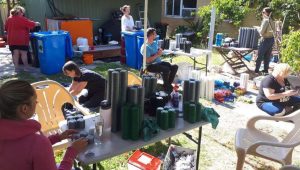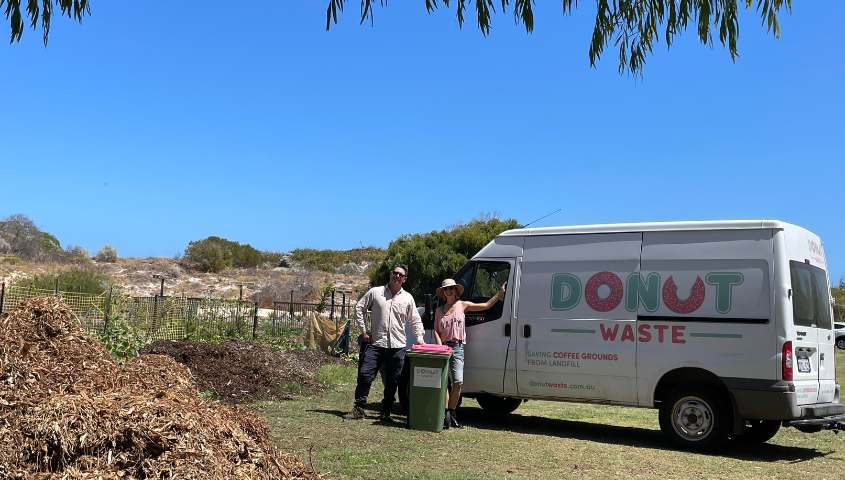Climate change is a global challenge that necessitates collective efforts from individuals, communities, and governments. The scientific community has long recognized human activities as the cause of global heating. In 2018, the Intergovernmental Panel on Climate Change issued a dire warning, urging us to act within 12 years to avert catastrophic effects. However, global action has been inadequate, pushing the Earth towards warming exceeding 2°C.
In fact, if all countries copied Australia’s dangerously weak response, we would be headed for warming in excess of 3°C – far beyond anything it is possible to adapt to.
Climate Council
In this blog post, we will explore the significance of community action in addressing climate change and shaping a sustainable future. Join us as we delve into the reasons why your involvement and collaboration are vital in this endeavour.
1. The power of unity:
Community action brings people together, fostering a sense of shared responsibility and purpose. By collectively addressing climate change, we can pool our resources, knowledge, and skills to create a more significant impact than any individual effort alone. It’s through our combined actions that we can drive substantial change at a local and global level.
Example:
Volunteering with Donut Waste to sort out clips or joining your local council to plant trees.

2. Amplifying voices:
When communities unite around a common cause, their voices become stronger and more influential. By joining forces, we can raise awareness about climate change, advocate for effective policies, and hold governments and corporations accountable for their environmental impact. Together, we can make our voices heard and push for the necessary changes to mitigate and adapt to climate change.
Example:
Choosing your local social enterprise or cause and sharing their content on social media. You can find your local Climate for Change group on this website.
3. Inspiring others:
Community action serves as a powerful source of inspiration. When individuals witness their neighbours, friends, and colleagues actively working towards a sustainable future, it motivates them to take action as well. By leading by example within our communities, we can ignite a ripple effect, inspiring others to make environmentally conscious choices and join the fight against climate change.
Example:
Become a sustainability advocate at your place of work and start with one small action, such as swapping the printing paper for recycled paper. Be the change you want to see in others first.
By the way, when I was thinking about starting Donut Waste, I discovered Reground, a Melbourne-based company that was already collecting coffee grounds. Although they weren’t keen to share their knowledge, their social media inspired me to give it a try. Later, I came across BioBean in London, who kindly agreed to Zoom with me and share their learnings. (Unfortunately, they went into administration this year.) Around two years into my journey, I was approached by Eliza from Ballarat (VIC) who had started GroundUp and has been widely successful in saving the planet one cup at a time.
4. Local solutions, Global impact:
While climate change is a global phenomenon, the effects are felt at the local level. Communities are uniquely positioned to develop and implement localized solutions tailored to their specific needs and challenges. By taking action within our communities, we can contribute to a larger, global movement while simultaneously addressing the unique environmental concerns of our region.
Example:
Our coffee grounds contribute to creating rich compost and beautiful soil for growing local Perth produce, yet the methane we prevent from being released into the atmosphere affects everyone on this planet.
5. Building resilience:
Community action fosters resilience in the face of climate change. By working together, communities can develop strategies to adapt to changing environmental conditions, reduce vulnerabilities, and build sustainable infrastructure. Collaborative efforts such as community gardens, renewable energy projects, and waste reduction initiatives can enhance resilience and promote long-term sustainability.
Example:
A great example of building community resilience is community gardens, to which we deliver coffee grounds. Find your nearest garden and start learning or even grow your own food. When the next pandemic hits, you will appreciate having access to vegetables and a supportive community to lean on.



